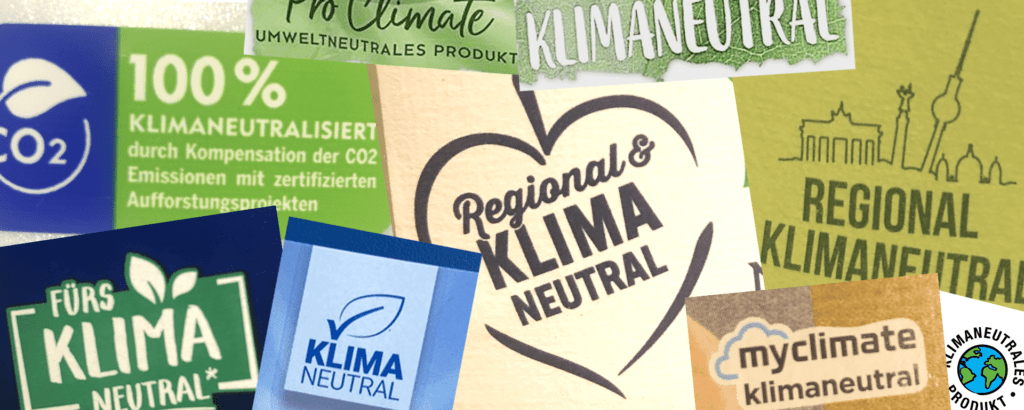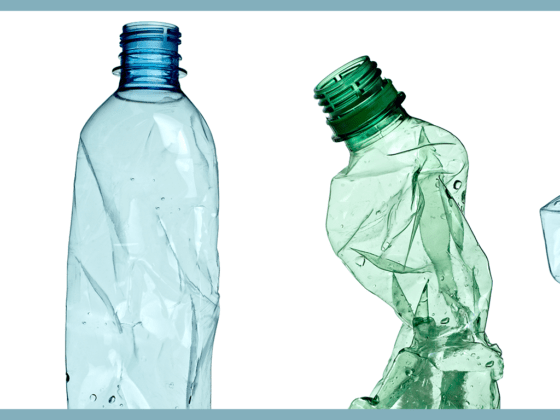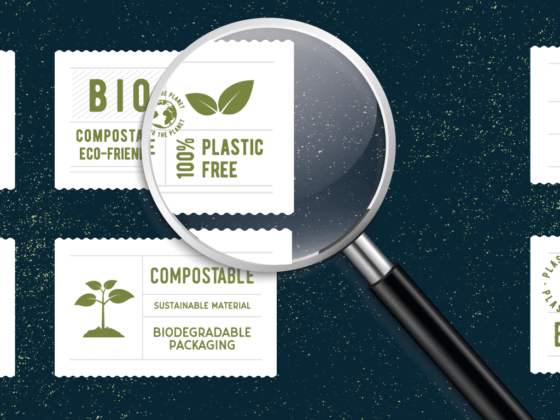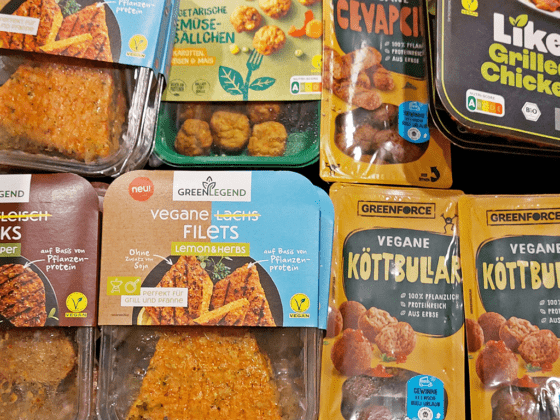Consumer deception through Greenwashing
The label “climate neutral” is currently one of the most common sales arguments for a whole range of everyday products. Especially on cosmetics, hygiene and laundry products, there are numerous self-made seals that do not deliver what they promise. This could now be a thing of the past: The German Environmental Aid (DUH) has issued warnings to retail chains, manufacturers, oil companies and one airline, calling on them to refrain from making such green promises.
Advertising promises are often consumer deception
“The advertising promise of climate neutrality is mostly consumer deception,” criticizes DUH managing director Jürgen Resch. Rather it concerns here a “CO2 indulgence trade, with which enterprises wash themselves green”. Consumers would pay more money for allegedly climate-neutral products, but this would not protect the climate. DUH lawyer Remo Klinger: Who advertises with environmental and climatic protection, must prove this too. But anyone who leaves consumers in the dark about how supposed climate neutrality is achieved is deceiving them.”
flustix supports the procedure
Malte Biss, founder and managing director of flustix, takes a clear stand against any form of greenwashing: “This indulgence trade is not only misleading, but also anti-climate. If you plant a tree on another continent, for example, you should be able to increase your emissions here unchecked – that doesn’t have much to do with real climate protection. As a company that awards sustainability seals according to an independent and internationally recognized licensing procedure, we at flustix welcome the critical inquiry of Deutsche Umwelthilfe. Consumers need clarity from an independent source instead of incomprehensible advertising claims, both on the product and on all other advertising platforms.
The DUH is currently targeting the manufacturer of Nivea – Beiersdorf, the drugstore chains dm and Rossmann, the airline Green Airlines, the CO2-app The Mother Nature, and the oil companies Shell, BP and Total. According to The German Environmental Aid, these companies advertise products and services as “climate-neutral” or “climate-positive” without providing evidence of how the impact reductions are achieved. Instead, they refer to compensation projects whose effects are not traceable.
Rewe advertises “climate-neutral meat”
Last year, a particularly brazen form of greenwashing made headlines when Rewe offered “climate-neutral poultry meat” in its stores. In fact, it was commercial goods produced by Wiesenhof for which a compensation payment was made – in favor of a forest conservation project in Peru. The organization Foodwatch investigated the case. The result: deforestation in the region supported in Peru had not decreased as promised, but actually increased. In the meantime, Wiesenhof and Rewe have taken the “climate-neutral” chicken out of the program again.
The German Environmental Aid considers the entire CO2 compensation model to be “absurd”. Lawyer Remo Klinger proves this with an example: “Instead of reducing Germany’s emissions in a laborious and expensive way, the Federal Minister of Finance would only have to pay 19 billion euros a year for Germany to be climate neutral on paper from now on, according to this indulgence trade. That’s less than half the annual profits of BMW, Daimler and VW in 2021. And in practice, Germany would fuel the climate crisis unchecked.”
Fake seals promise freedom from microplastics
It is not only emissions trading that is greenwashing, says flustix’ CEO Malte Biss, “there is also a whole series of so-called seals and advertising promises on the subject of microplastics that are used without any verification. For example, they claim that only the formula of the product is free of microplastics.” This applies to numerous cosmetic, hygiene, cleaning and washing products, he said. Biss: “As the only seal that is widely recognized and independently licensed in the EU, the flustix seal offers consumers security.
Almost half of the data are misleading
A comprehensive analysis by the European Commission of the online presences of companies that advertise with ecological claims shows how widespread the ecological whitewash is. Key findings:
- 59 percent of companies do not provide readily available evidence for their claims.
- In 37 percent of cases, very vague terms were used, including “conscious,” “environmentally friendly,” “sustainable.”
In its overall assessment, the Commission believes that “false or misleading claims” may have been made in 42 percent of the cases reviewed. Tough times are dawning for those companies not so careful when it comes to making claims about a product’s ecological impact. The EU is working on a new green claims regulation. It is modeled on the 2006 Health Claims Regulation, which regulates health and nutrition claims on food products.
 English
English Deutsch
Deutsch




